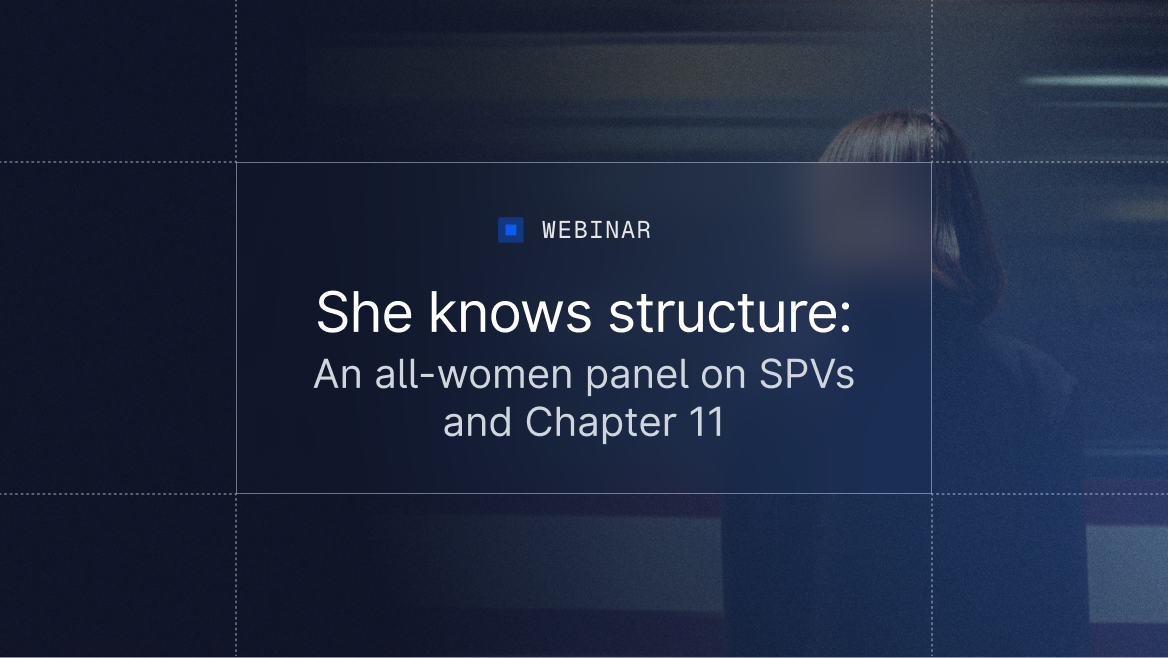News & InsightsLevFinDistressedPrivate CreditABFCLO
Market Wraps
Excess Spread - Santander's multi-million branch beef, accidents happen in CLOs
Owen Sanderson24 Feb 2022 | Europe | 9 minute read
Related Posts
Discover more insights.
Use the previous and next buttons or keyboard arrows to navigate between slides.





